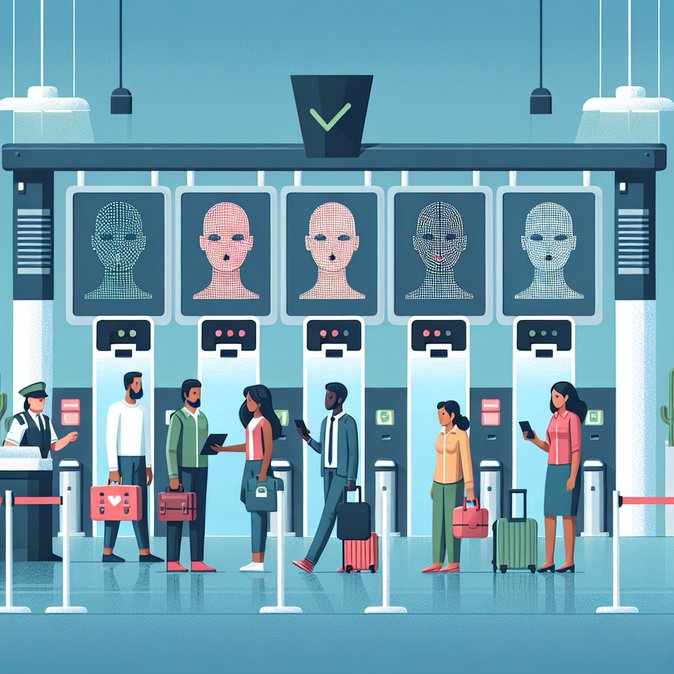
In synchronized Federal Register notices released November 21 and highlighted by immigration law firm Miller Mayer on Monday, three key immigration agencies—USCIS, Customs and Border Protection, and Immigration and Customs Enforcement—detailed inflationary fee adjustments that will take effect January 1, 2026. The increases, mandated by the budgetary provisions of the "One Big Beautiful Bill Act," range from modest ($10 for first-time asylum EADs) to more substantive (up to $130 on certain ICE fines).
For business immigration, the headline items are incremental: the Form I-765 employment-authorization fee rises from $550 to $560 for initial asylum or parole applicants; CBP’s ESTA travel authorization nudges from $40 to $40.27; and the Electronic Visa Update System fee moves from $30 to $30.75. The I-94 land-border fee remains unchanged, but practitioners caution that even small hikes can cause filing-deadline mishaps if corporate check-cutting protocols are not updated promptly.
![USCIS, CBP and ICE Announce Inflation-Based Fee Increases for FY 2026]()
USCIS warns that any petition post-marked on or after January 1 without the correct fee will be rejected—a potential trap given year-end holiday closures. HR and mobility managers should audit pending cases, adjust internal cost forecasts and alert employees who self-file certain applications (e.g., OPT EADs) to the new amounts.
Although the adjustments are less dramatic than the across-the-board hikes proposed (and blocked) earlier this year, they underscore USCIS’s use of automatic inflation escalators to stabilize fee-based funding. Employers should expect similar annual tweaks going forward, making regular budget reviews essential.
For business immigration, the headline items are incremental: the Form I-765 employment-authorization fee rises from $550 to $560 for initial asylum or parole applicants; CBP’s ESTA travel authorization nudges from $40 to $40.27; and the Electronic Visa Update System fee moves from $30 to $30.75. The I-94 land-border fee remains unchanged, but practitioners caution that even small hikes can cause filing-deadline mishaps if corporate check-cutting protocols are not updated promptly.

USCIS warns that any petition post-marked on or after January 1 without the correct fee will be rejected—a potential trap given year-end holiday closures. HR and mobility managers should audit pending cases, adjust internal cost forecasts and alert employees who self-file certain applications (e.g., OPT EADs) to the new amounts.
Although the adjustments are less dramatic than the across-the-board hikes proposed (and blocked) earlier this year, they underscore USCIS’s use of automatic inflation escalators to stabilize fee-based funding. Employers should expect similar annual tweaks going forward, making regular budget reviews essential.


